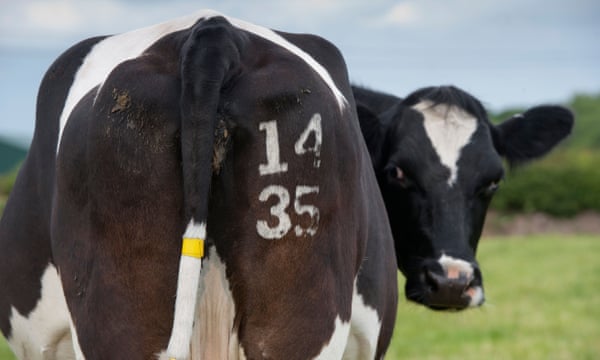"Informed AI News" is an publications aggregation platform, ensuring you only gain the most valuable information, to eliminate information asymmetry and break through the limits of information cocoons. Find out more >>
Denmark to Introduce World's First Tax on Livestock Emissions
- summary
- score

Denmark introduces the world's first tax on livestock emissions, aiming to charge 120 kroner per ton of greenhouse gases by 2030, increasing to 300 kroner by 2035. This tax targets methane, a potent greenhouse gas emitted by cattle and sheep during digestion, significantly contributing to global warming.
The revenue from this tax will support a green transition in the livestock industry, promoting cleaner farming practices. Despite early resistance, this policy shift represents a significant acknowledgment of the environmental impact of animal farming.
Although initially priced modestly, this initiative signifies a broader recognition of the need for financial incentives to reduce agricultural emissions. It challenges traditional practices, advocating for innovation and sustainability in an industry often resistant to change.
Denmark's bold move could inspire global counterparts, highlighting the importance of economic measures in combating climate change. The proposal, awaiting legislative approval, aims to cut CO2 emissions by 1.8 million tons by 2030 and establishes a significant fund for environmental restoration.
In essence, Denmark is pioneering a new era of agricultural responsibility, using economic policy to foster environmental stewardship.
| Scores | Value | Explanation |
|---|---|---|
| Objectivity | 5 | Content provides a balanced overview of the policy and its implications. |
| Social Impact | 4 | The policy could influence public opinion on environmental taxation. |
| Credibility | 5 | Based on announced government policy, with clear objectives and timelines. |
| Potential | 5 | Likely to trigger similar policies globally, impacting agricultural practices. |
| Practicality | 4 | Highly practical as it directly addresses a known environmental issue. |
| Entertainment Value | 2 | Low entertainment value; primarily informative and policy-focused. |